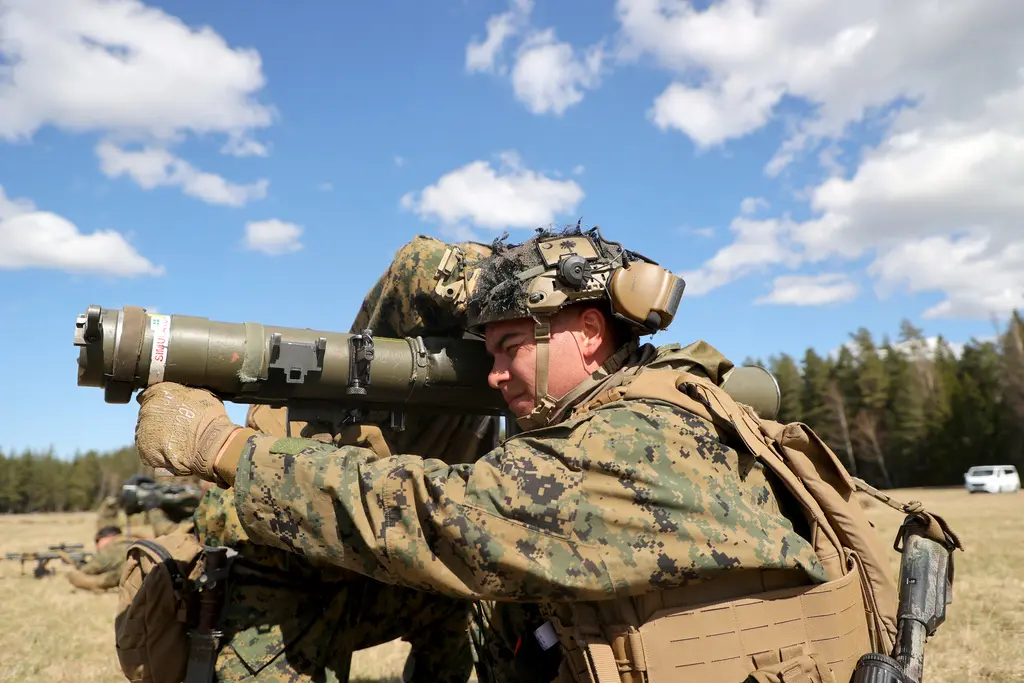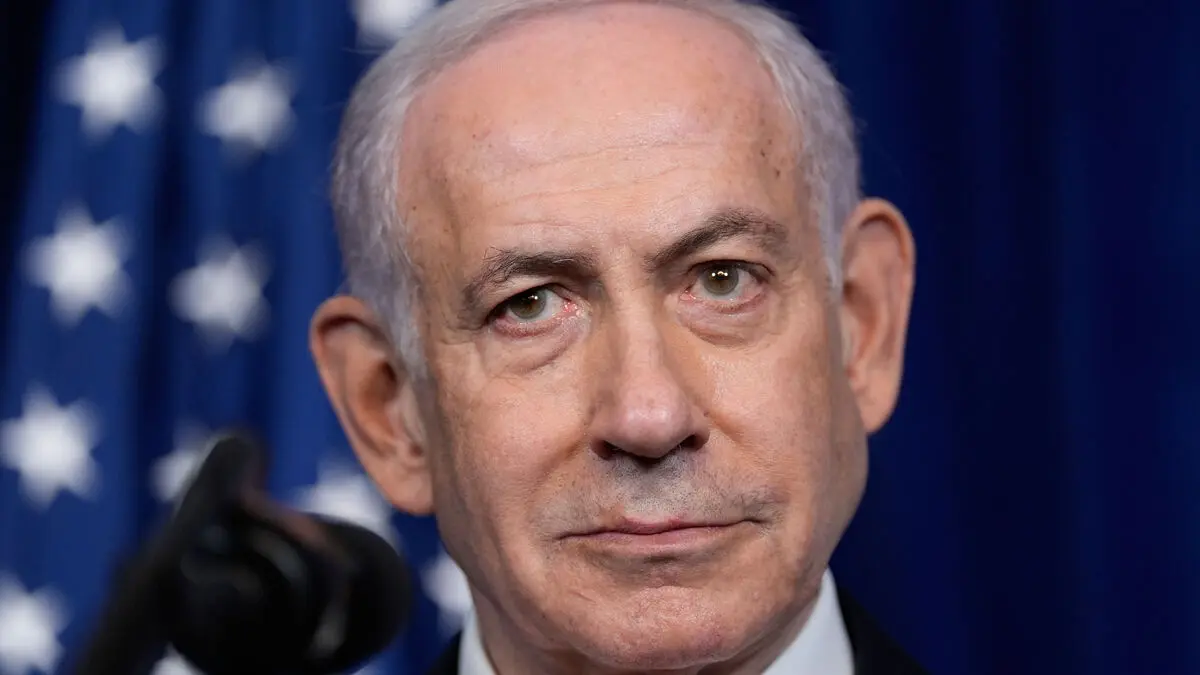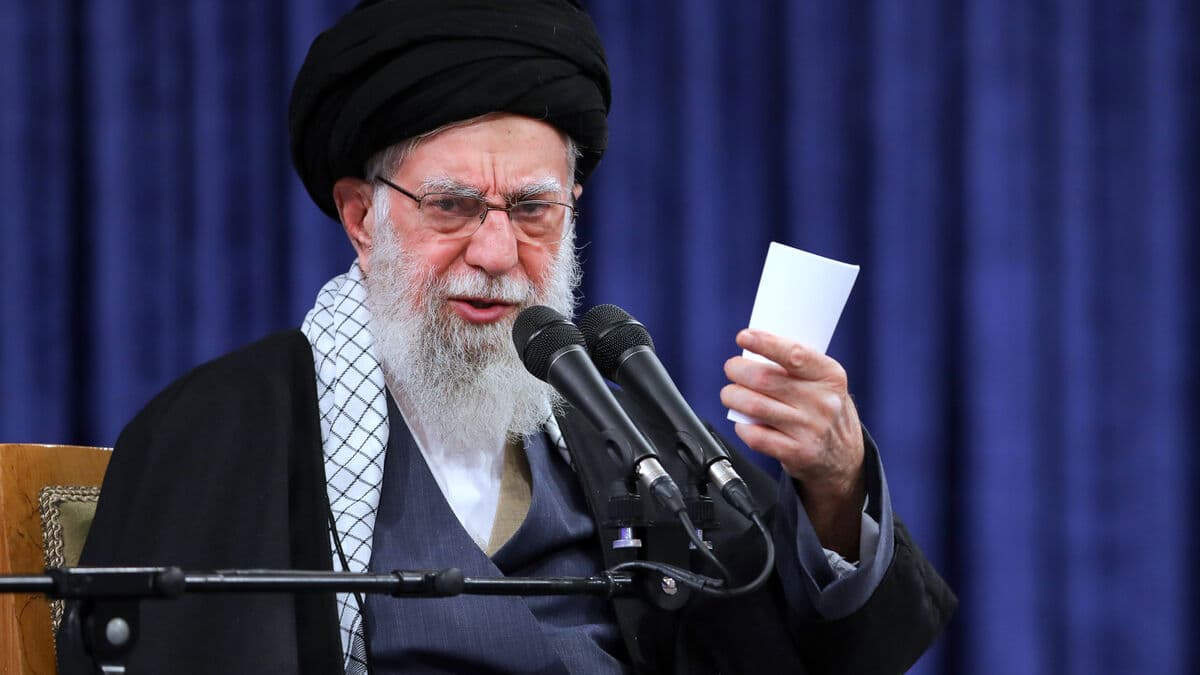The DCA agreement gives the USA the opportunity to place nuclear weapons on Swedish soil, which is a historic turnaround, according to several critics.
This creates a direct threat to all Swedes, says diplomat Rolf Ekéus.
Membership in NATO put an end to Sweden's neutrality policy. But as we now seek to find its practical forms, drastic changes are also being implemented, according to Rolf Ekéus, a long-standing diplomat and former head of the UN's weapons inspectors in Iraq.
He is one of those who is critical of the cooperation agreement that will give the USA access to 17 Swedish military bases.
Of course, negotiations with the USA, as the leading power, can arise, but we must carefully weigh the content of the commitment to being part of NATO, he says, adding that "the big concern" is the nuclear dimension.
If we decide to base nuclear weapons on our territory, which I guess is aimed at Russia, we radically increase the risk of a nuclear attack on Sweden.
Losing credibility
Until recently, Sweden has had a leading role internationally in the work against nuclear weapons, in cooperation with the UN, emphasizes Rolf Ekéus. He questions why we do not have a clause against nuclear weapons on our territory, like Norway has. Overall, Ekéus thinks the agreement is surrounded by many uncertainties.
Dan Smith, head of the peace research institute Sipri, agrees.
The process has not been as complete as it could and should have been, he says.
Dan Smith believes that the USA might potentially bring nuclear weapons during military exercises – but that it would only be for a limited time. He thinks, however, that Sweden's voice as a nuclear power opponent has been weakened.
It is not logically incompatible to be under the nuclear umbrella and want a nuclear-free world. But the voices that demand it have probably more credibility among other UN members if they themselves are not under the nuclear umbrella.
"More diplomacy"
In the new security policy situation, many emphasize that constructive diplomacy no longer helps. Peace researcher Dan Smith disagrees.
It should be the first line of defense and therefore one of the most important contributions to security and real peace, he says.
He also believes that small and medium-sized powers have every opportunity to demand disarmament, and that they can cool down the heated relations between the great powers.
If the great powers cannot, the small powers must step forward and apply the right pressure. This is actually a time when there should be more diplomacy, not less.
The government believes that the agreement strengthens deterrence and stability, and emphasizes that it is based on Swedish sovereignty and consent.
Foreign Minister Tobias Billström (M) has pointed out that no country can be forced to accept nuclear weapons against its will, and that Sweden's stance of not allowing nuclear weapons on Swedish soil in peacetime is well-known and has been respected. Recently, Prime Minister Ulf Kristersson stated that the question of nuclear weapons may be reconsidered in wartime.
The USA has concluded similar agreements with several other countries, including Finland, Norway, Denmark, the Baltic states, and Poland.






